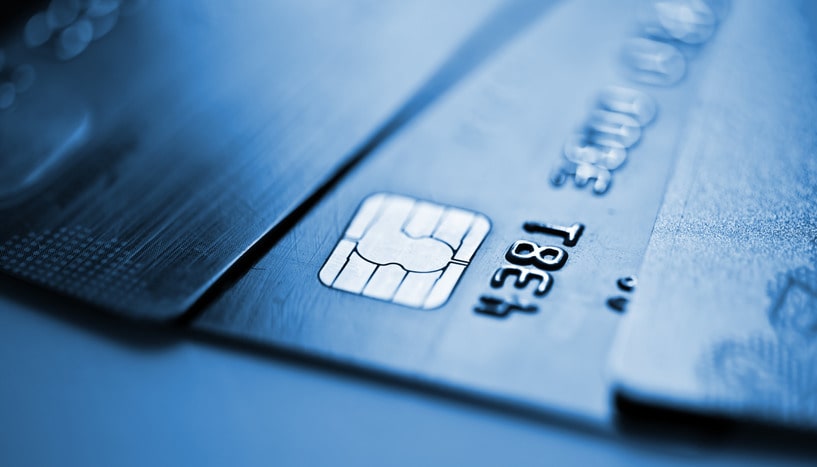
- October 11, 2023
- |security guard company
- | 0
Prevent Fraud and Financial Loss –
Financial institutions, such as banks and credit unions, are entrusted with safeguarding the financial assets of their customers and clients. Ensuring the security and integrity of these institutions is paramount to maintain trust and confidence in the financial system. To achieve this, banks employ a combination of cutting-edge security measures, technology, and a human element. This article explores the crucial role of security in preventing fraud and financial loss in financial institutions and how XPressGuards, a leading security guard company, plays an integral part in this process.
The High Stakes of Financial Institution Security
Banks and financial institutions house vast amounts of cash, valuable assets, and sensitive customer information, making them prime targets for fraudsters and criminals. Fraud in financial institutions can take many forms, including identity theft, credit card fraud, cyberattacks, and even physical bank heists. These threats, both internal and external, require a multi-faceted approach to security.
The Role of Security Guards in Financial Institutions
While technological advancements have revolutionized security measures in the banking sector, the human element remains indispensable. Trained security personnel are essential for both deterrence and rapid response in the event of a security breach. Here’s how security guards from XPressGuards contribute to financial institution security:
1. Physical Security:
Security guards from XPressGuards provide a physical presence in and around the bank premises, acting as a visible deterrent to potential criminals. Their presence alone can significantly reduce the risk of robbery or other security breaches.
2. Access Control:
Controlling access to sensitive areas within the financial institution is crucial. Security guards play a pivotal role in verifying the identity of personnel, visitors, and contractors. They ensure that only authorized individuals gain access to restricted areas.
3. Patrol and Surveillance:
Security guards perform regular patrols, both inside and outside the financial institution, to identify and address security concerns promptly. They also monitor surveillance systems, responding to any suspicious activity in real-time.
4. Emergency Response:
In the event of a security breach or emergency, security guards are trained to respond swiftly. They can coordinate with law enforcement, initiate lockdown procedures, and assist customers and employees to ensure their safety.
5. Customer Safety:
Providing a safe and secure environment for bank customers is paramount. Security guards help customers feel protected and assist them in the event of disputes or incidents within the institution.
6. Collaboration with Law Enforcement:
Security guards work closely with local law enforcement agencies, providing critical information and support during investigations. This collaboration enhances the chances of apprehending criminals and recovering stolen assets.
Cutting-Edge Technology Integration
While human security personnel are essential, they are often supported by advanced technology that enhances security and surveillance. Banks and financial institutions invest heavily in state-of-the-art security systems, including:
1. Surveillance Cameras:
Modern surveillance systems offer high-resolution, real-time video feeds that can be monitored both on-site and remotely. These systems play a crucial role in identifying and deterring criminal activity.
2. Access Control Systems:
These systems restrict entry to authorized personnel and log access for review. Security guards often manage and monitor these systems.
3. Intrusion Detection:
Sophisticated intrusion detection systems can identify unauthorized access or unusual behavior, alerting security personnel and law enforcement.
4. Biometric Security:
Many financial institutions utilize biometric security measures, such as fingerprint or retina scans, to enhance access control.
Preventing Internal Threats
It’s important to note that not all security threats come from external sources. Internal threats, such as employee misconduct or embezzlement, can pose significant risks. Security measures within financial institutions aim to prevent and detect these threats as well. Security guards, as a physical presence, also contribute to the prevention of internal misconduct by deterring unethical behavior.
Safeguarding Digital Assets
In today’s digital age, cyber threats are a significant concern for financial institutions. Protecting digital assets and customer data is as critical as safeguarding physical assets. Financial institutions invest in robust cybersecurity measures, including firewalls, encryption, and intrusion detection systems. Security guards can play a role in ensuring the physical security of servers and data centers where these critical digital assets are stored.
Response to Cyberattacks
In the unfortunate event of a cyberattack, security guards can be instrumental in responding effectively. They can secure physical access points, ensure that data centers are protected, and coordinate with IT personnel to initiate disaster recovery procedures.
The Human Element in Financial Institution Security
While technology continues to advance, the human element remains crucial in financial institution security. Security guards are the front line of defense, providing a visible deterrent to potential threats. Their presence not only deters criminal activity but also offers reassurance to bank customers, building trust and confidence in the institution.
Financial institutions face constant threats from a wide range of security challenges, including physical theft, internal fraud, and cyberattacks. The security of these institutions is critical for maintaining the public’s trust in the financial system.
XPressGuards, a leading security guard company, plays a pivotal role in helping banks and financial institutions prevent fraud and financial loss. Their security personnel provide a physical presence, manage access control, monitor surveillance systems, and respond to emergencies, contributing to the overall security and integrity of financial institutions.
While cutting-edge technology is indispensable in modern security measures, it is the synergy between technology and trained security personnel that creates a comprehensive security strategy, ensuring the protection of both physical and digital assets in the financial sector. Through this combination, banks and financial institutions can safeguard their customers, their assets, and their reputation in the face of evolving security threats. Contact us now to learn more.


